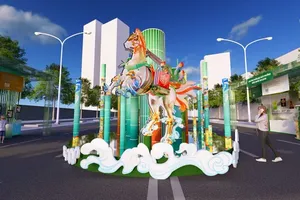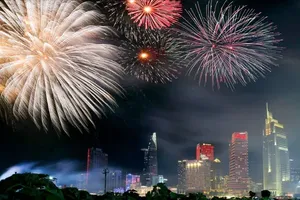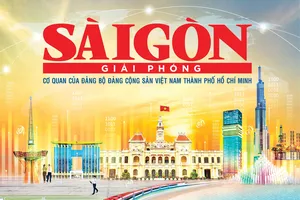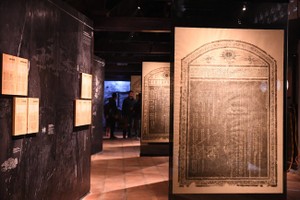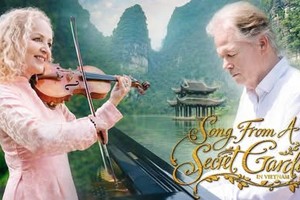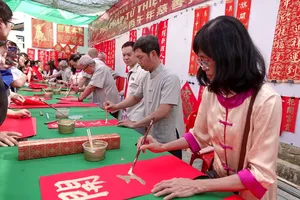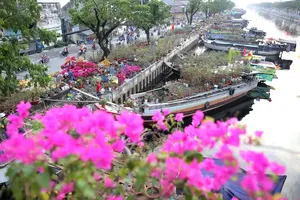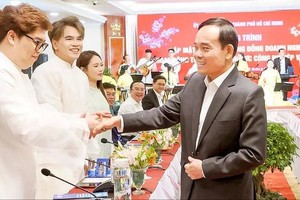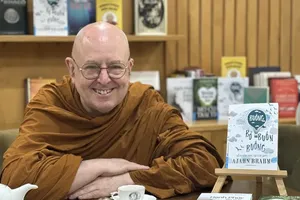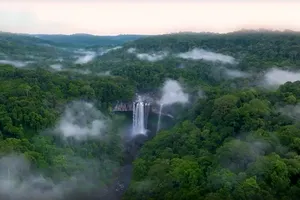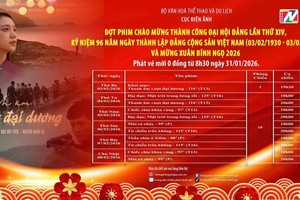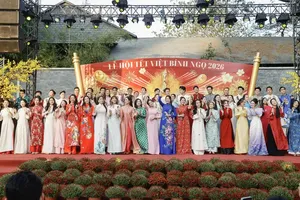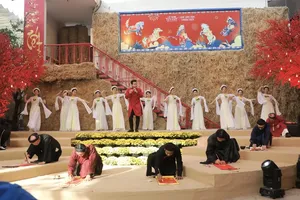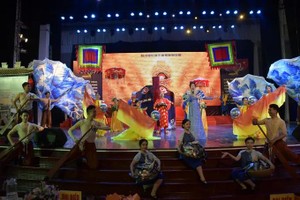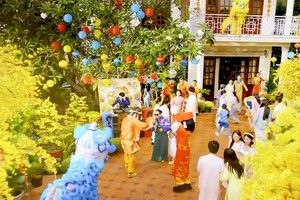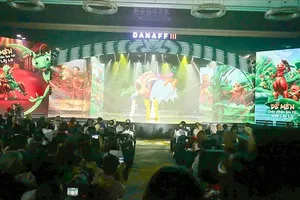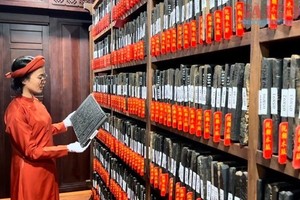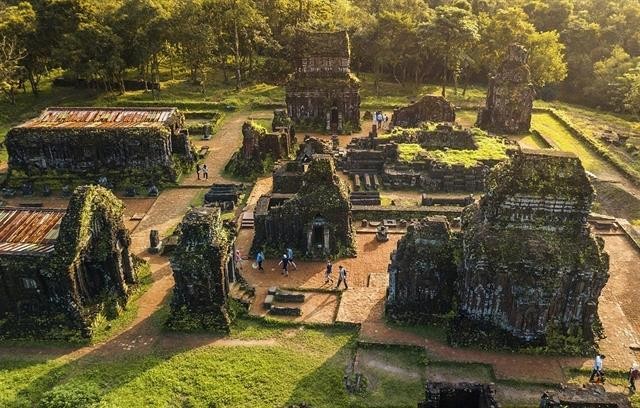
The PM was speaking at a ceremony in My Son Sanctuary in Quang Nam Province which was recognised as a World Heritage site in 1999.
In the same year, the ancient city of Hoi Analso received the same status from UNESCO.
According the PM, these, and the world biosphere reserve site of the Cham Islands, were typical samples of the heritage preservation and biodiversity conservation in Vietnam and the world.
He said they helped promote the image of Vietnam’s integration process to the whole world
Phúc said the central province was a rare locality in Vietnam obtaining two world heritages and a world biosphere reserve site.
He praised the province in the context of preservation of the world heritage and the country’s sovereignty on territorial waters and lands, which promoted a sustainable livelihood for the community through tourism.
The PM also urged state agencies and Quang Nam to boost sustainable development of the world heritage sites, while preserving the natural environment and caring plastic waste management.
Phúc also expressed his honour respect to the contribution of the late Polish archaeologist and architect Kazimierz Kwiatkowski, known as ‘Kazik’, and international organisations as well as governments of Italy, India and Poland in the preservation of the world heritage sites over the past 20 years ago.
Situated in a peaceful valley surrounded by mountains, the My Son Sanctuary has been well preserved since it was built thousands of years ago during the prosperous development of the Champa Kingdom between the 4th and 13th centuries. The ruins are now a popular destination because of their cultural relevance and architectural features.
The ancient town of Hoi Anstill preserves its cultural values as a busy trading port dating back 400 years.
The Cham Islands-Hoi AnWorld Biosphere Reserve, which covers over 33,000ha including Hội An, has 1,500ha of tropical forests and 6,700ha of sea featuring a wide range of fauna and flora.
Speaking at the ceremony yesterday, a representative of UNESCO, Michael Croft, said: “I am honoured to address you this evening here in My Son Sanctuary, a place of another time and age, where we feel very much in the presence of the immortals. As we celebrate the achievements of the past twenty years since UNESCO recognised the importance of the two gems, My Son and Hoi AnAncient Town, it seems important to recall the historical context of cultural heritage management in Vietnam. And this reflection takes us quickly to another anniversary which the nation recognized only a week ago, the 50th anniversary of the legacy of President Ho Chi Minh.”
“One of the most fascinating aspects of President Ho Chi Minh was his ability to remain focused on his long-term strategic vision even while facing many immediate challenges. So when we revisit his issuing of Decree 65 on 23 November 1945, a decree which called for the immediate protection of cultural and historic relics, we understand that for him, the issue of cultural heritage was no trivial matter. He understood the importance of the country’s cultural identity to the movement for independence and freedom, and so he established the country’s first legal instrument for safeguarding cultural heritage, knowing that culture constituted the essential foundation and strength of the nation,” he said.
“The Government and the Vietnamese people have continued to respect his vision and the result of their efforts, is what celebrate today. The beautiful Sanctuary of My Son, which once lay in ruin, has become one of the best examples in monument restoration in Southeast Asia, providing us a fascinating glimpse into the political and cultural history of the region. And we find this same sense of shared history expressed in the international collaboration to restore the site, in the close cooperation between Viet Nam and friendly countries like France, India, Italy and Poland and many other partners. UNESCO is proud to have been part of this process, and highlight it as best practice.”
Quang Nam hosted 6.5 million tourists, of which Hoi An was a favourite destination of 5 million visitors, last year
